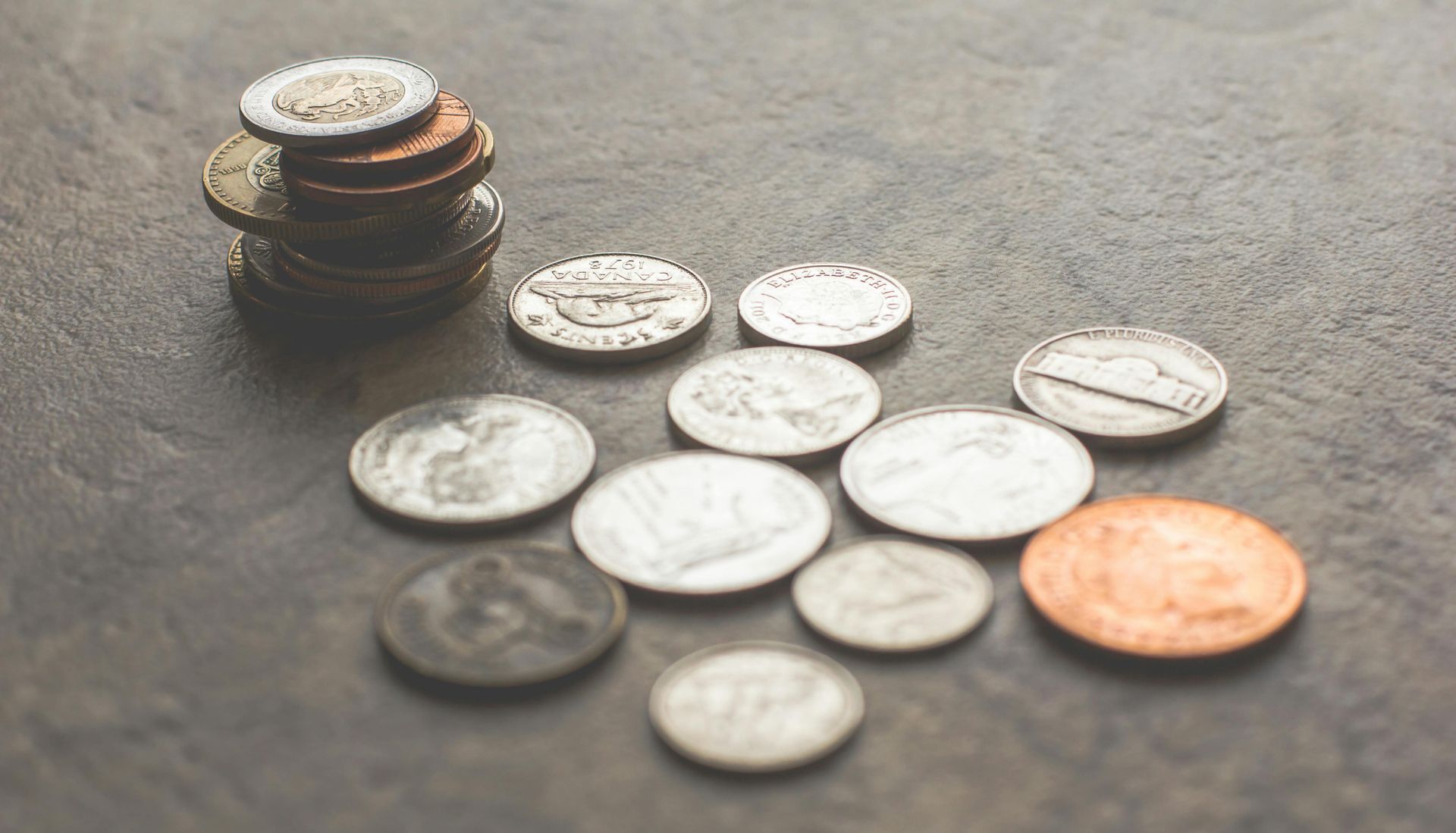Understanding the Two Types of Bankruptcy – Chapter 7 and Chapter 13
Understanding The Two Types Of Bankruptcy – Chapter 7 And Chapter 13
For most people, bankruptcy is a word that is associated with financial failure. However, it is important to remember that bankruptcy is a tool that can help individuals and businesses reduce or get rid of their debt. If you are considering filing for bankruptcy, it is important to know the differences between Chapter 7 and Chapter 13 bankruptcy. In this blog post, we will discuss these two types of bankruptcy and help you understand which one might be right for you.
Chapter 7 Bankruptcy
Chapter 7 bankruptcy, also known as "liquidation" bankruptcy, is ideal for individuals who want to eliminate all of their unsecured debts, including credit card debts, medical bills and personal loans. When you file for Chapter 7 bankruptcy, a trustee will be appointed to liquidate your assets and use the proceeds to pay off your creditors. However, there are certain exemptions that allow you to keep some of your assets, such as your home, car, and personal belongings.
In order to be eligible for Chapter 7 bankruptcy, you need to pass the means test, which determines whether your income is low enough to qualify for Chapter 7. The means test takes into account your income, expenses, and family size. If your income is too high, you may have to file for Chapter 13 bankruptcy instead.
Chapter 13 Bankruptcy
Chapter 13 bankruptcy, on the other hand, is ideal for individuals who are not eligible for Chapter 7 bankruptcy or who want to keep their assets, such as their home or car. Chapter 13 bankruptcy is also known as "reorganization" bankruptcy because it allows you to restructure your debts and create a repayment plan that works for you.
When you file for Chapter 13 bankruptcy, you will have to present a repayment plan to the court. This plan will outline how you will repay your debts over a period of three to five years. During this time, you will make payments to a trustee who will distribute the funds to your creditors. After you complete your repayment plan, any remaining unsecured debts will be discharged.
Who Should File For Chapter 7 Bankruptcy?
If you have a lot of unsecured debt and do not have a lot of assets, Chapter 7 bankruptcy may be a good option for you. You should also consider filing for Chapter 7 bankruptcy if you are struggling to make your monthly payments and are facing the possibility of foreclosure or repossession.
Who Should File For Chapter 13 Bankruptcy?
If you are not eligible for Chapter 7 bankruptcy or want to keep your assets, Chapter 13 bankruptcy may be a good option for you. You should also consider filing for Chapter 13 bankruptcy if you are behind on your mortgage or car payments and want to catch up on these payments over time.
Choosing the right type of bankruptcy can be difficult, but with the help of an experienced bankruptcy attorney, you can make the right decision for your financial future. At Carroll Law Firm, P.C, we have helped many New Jersey residents navigate the complex world of bankruptcy. Whether you decide to file for Chapter 7 or Chapter 13 bankruptcy, our team can provide you with the guidance and support you need to make the process as smooth as possible. Contact us today to schedule a consultation.









